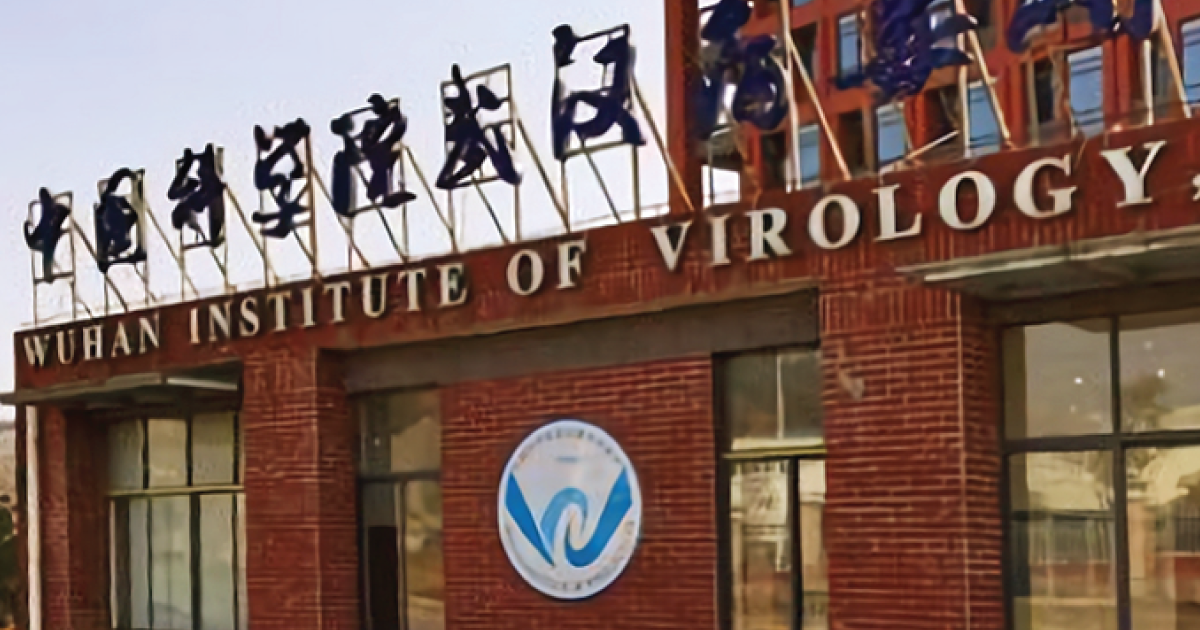
Ecohealth Alliance Conducted Risky Experiments on MERS Virus in China
The annual grant reports from EcoHealth Alliance, which the NIH sent to The Intercept in response to a lawsuit, provided additional evidence that the U.S. nonprofit — which studies emerging infectious diseases — and its sub-awardee, the Wuhan Institute of Virology, were engaged in risky experiments and that the NIH may not have been fully aware of these activities.
October 21, 2021 | Source: The Intercept | by Sharon Lerner
Documents released by the NIH contradict previous assertions by EcoHealth Alliance about its experiments on bat coronaviruses in Wuhan.
Documents released by the National Institutes of Health yesterday raise new questions about government-funded research on viruses conducted in China. The annual grant reports from EcoHealth Alliance, which the NIH sent to The Intercept in response to a lawsuit, provided additional evidence that the U.S. nonprofit — which studies emerging infectious diseases — and its sub-awardee, the Wuhan Institute of Virology, were engaged in risky experiments and that the NIH may not have been fully aware of these activities.
In September, The Intercept received two grant proposals by EcoHealth Alliance that were submitted to the NIH. One of the proposals, “Understanding the Risk of Bat Coronavirus Emergence,” detailed troubling and potentially dangerous research conducted with bat coronaviruses in Wuhan, China. But the first release of the documents, which The Intercept received more than a year after it requested them, did not include the progress report for the grant’s fifth and final funding year.
